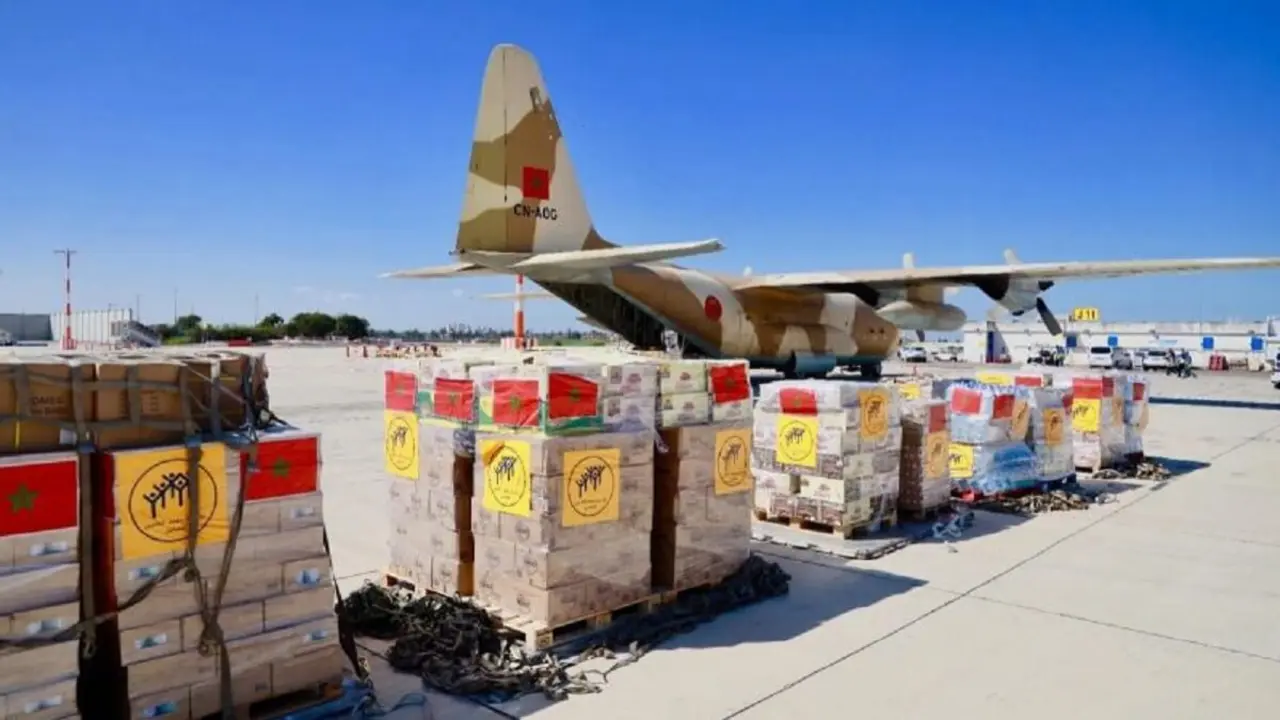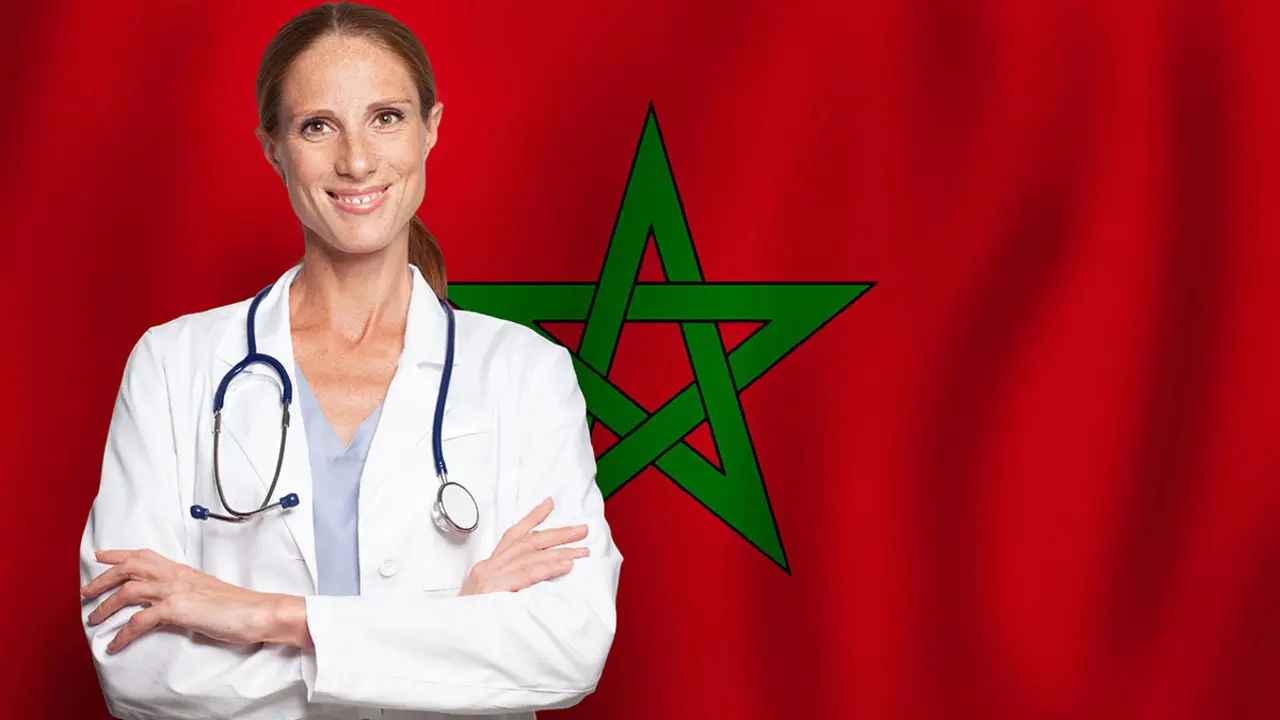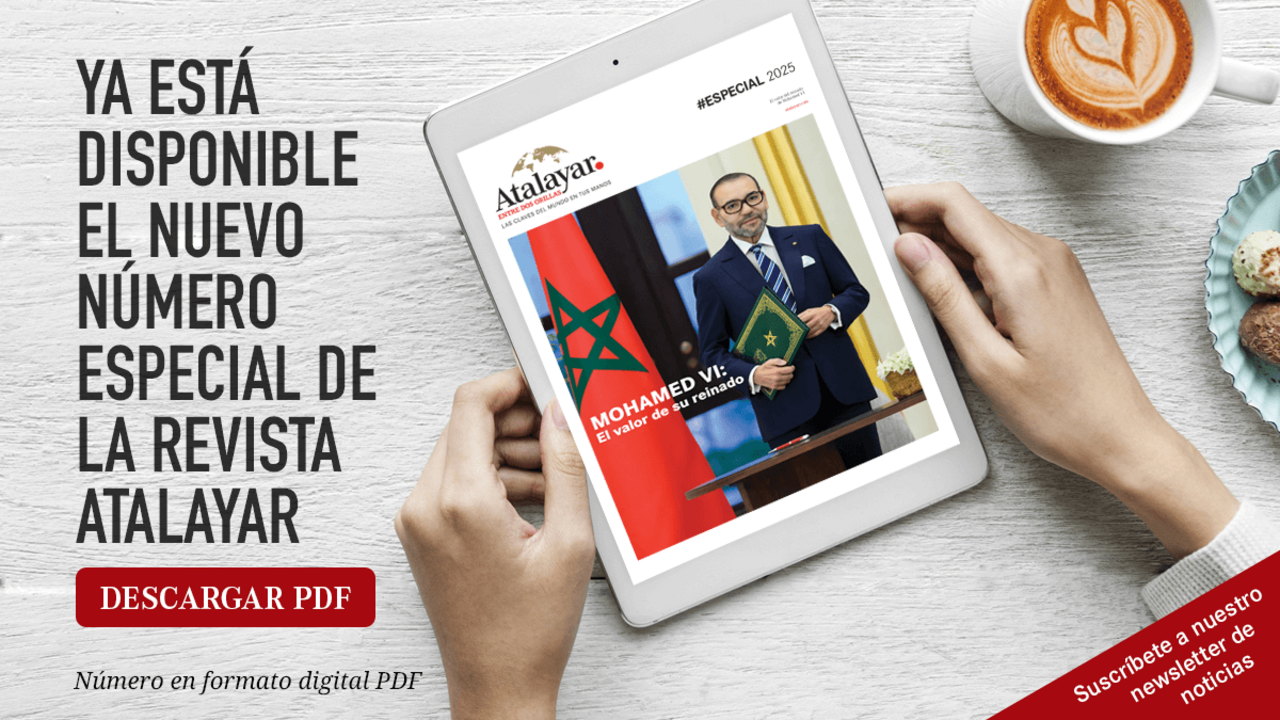Is Muslim integration possible in the West?

The Ahmadiyya Muslim Community in Spain held a webinar to discuss the integration of Muslims in general and Ahmadis in particular. There are around 25 million Muslims in the EU, but unfortunately some are segregated for various reasons. During the conference, Qamal Fazal, spokesperson for the Ahmadiyya Community in Spain, and Jesús Alberto, professor of sociology at the University of Valladolid, presented their ideas on this issue.
Qamar Fazal wanted to highlight the values of Islam, which promotes justice and goodness, and avoids all forms of evil and crime, and therefore does not pose a threat to Spain or any other country. Therefore, there is no doubt that Muslims can integrate and live within any society.
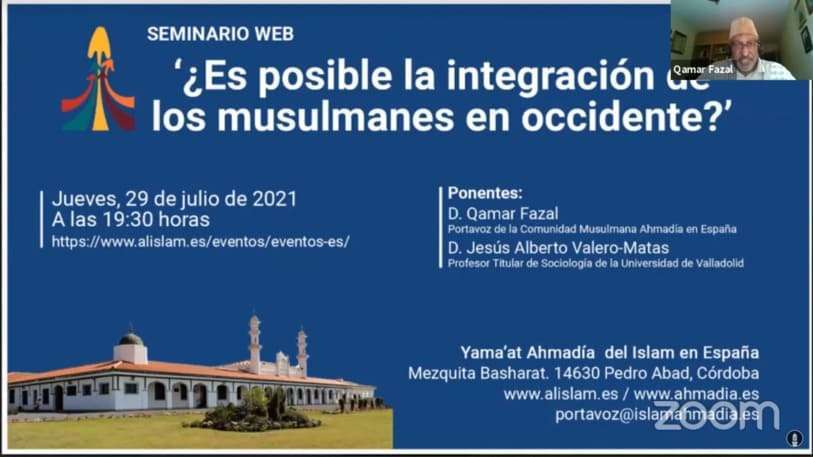
He argued that, contrary to popular belief, Islam does not promote a particular type of government, whether monarchy or democracy, but the mode of government. The ruler must be capable, upright, honest and conducive to development. Religion cannot interfere in areas exclusive to the state and vice versa, so there should be no contradiction between state and creed. It is for this reason that a Muslim's allegiance is to both his religion and his state, be it the state of birth or the state of reception.
He posed the question: are Muslims allowed to be part of a non-Muslim Western army against a Muslim country? The speaker answered yes, as long as it is for a just reason and not an act of cruelty. If the motives are not moral, he can refuse, but without undermining the state.
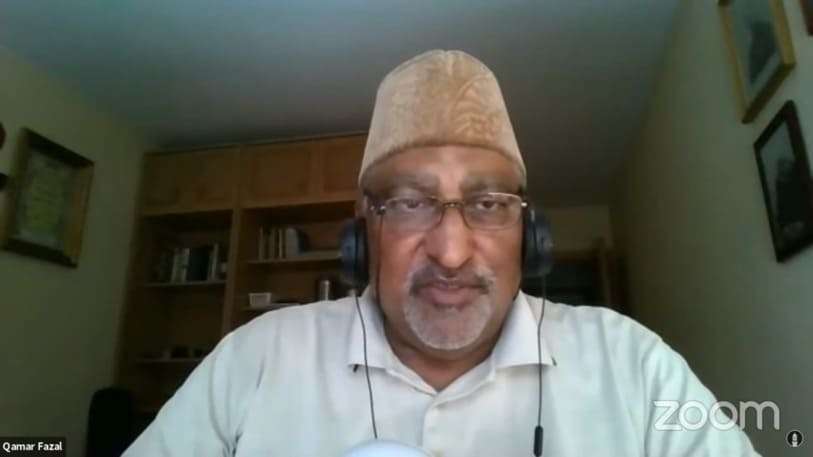
Fazal stressed that "true Islam" is not the same as the radicalism that some promote in the name of Islam. These extremes do not represent the true values of the majority of Muslims. Also, no society would reject the principles of justice and goodness, so it is natural that they can integrate. "If someone were to act contrary to this commandment, he would be a Muslim in name only, and not a follower of the true teachings of Islam," he added.
Finally, he gave the example of a Christmas party he attended at his former job. There was ham and alcoholic beverages at the party, which he did not consume because of his religion. As a result, his colleagues told him "you don't integrate". He gave this example to show what he meant by integration. There are limits that cannot be crossed for religious reasons, as in this case eating pork or drinking alcohol. Integration does not mean adopting the other person's culture by breaking one's own, but living together peacefully in the same society.
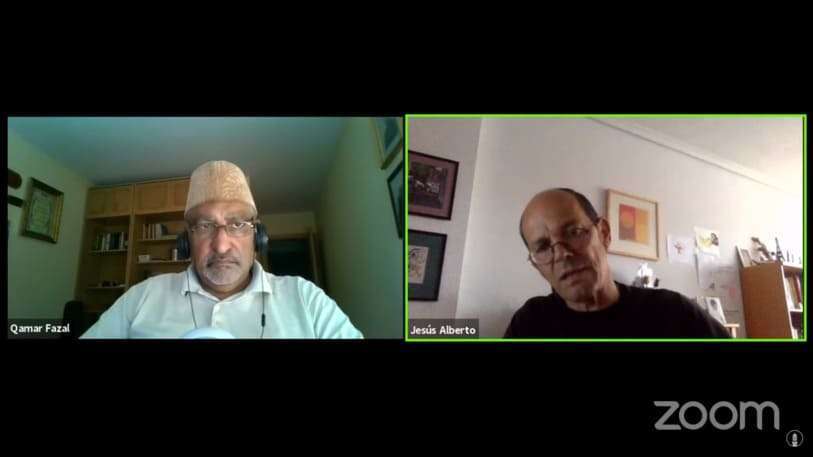
Jesús Alberto asked the following question: Is the integration of Muslims possible? He would like to say yes, but the events and impressions of the population are important in this question. There are currently around 25 million Muslims in the EU. He considers that their integration is difficult in the first place because of the segregation that exists. There are difficulties in employment and educational differences, among other variables that influence the integration process.
He stated that the problem of unemployment leads to negative elements coming into play. When there is a general lack of employment in a community, other avenues are sought, which sometimes leads people to embrace jihadism. Obviously, jihadists are a minority among Muslims, but the media maximises this, making them appear to be a larger percentage. The population remembers the attacks in Barcelona, Paris, London... which generates an unfounded rejection of the community.
This magnification of extremist Muslims undermines the reputation of all Muslims. He stressed that, according to the Koran, these radicalised individuals are not really believers, as the writings do not speak of this type of action and these acts are unacceptable from the point of view of Islam.

Therefore, he considers that there are a number of elements that hinder the integration of the Muslim community, and these are accentuated by low levels of education. He gives the example of high rates of Muslim children dropping out of school at secondary level, which leaves them with low educational attainment and less employability, thus triggering the cycle of poverty.
He concluded that beyond laws, cultural predispositions are fundamental. It is necessary to minimise differences and converge on similarities, of which there are many. He believed that integration was possible, but that both sides had to give up part of their cultural values in order for both communities to coexist, and that it was individuals and very small groups that led to unpleasant situations, fear and hatred.


